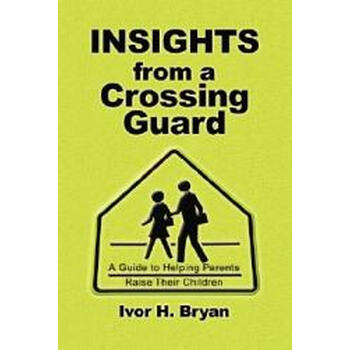
Which Prop Firms Offer the Lowest Evaluation Fees?
“Trade smarter, not just harder — and don’t let high eval fees drain your starting capital.”
Picture this: you’ve been studying charts, reading market news religiously, and maybe even paper-trading late at night. You’re ready to step into prop trading — where firms stake you with capital so you can trade without risking your own money. Then reality hits: before you even start live trading, most firms require an evaluation phase. Fees range from a few dozen bucks to several hundred, depending on the size of the funded account you aim for. It’s the moment many aspiring traders realize: finding the right prop firm is as much about skill as it is about smart shopping.
Prop Firms and the Game of Evaluation Fees
An evaluation fee is essentially your ticket to prove you’ve got the trading discipline they want. Low fees mean lower entry barriers, which is especially appealing if you’re testing waters with forex, stocks, or crypto for the first time. High fees might offer larger account sizes, but starting smaller can keep your risk — and stress — manageable. For example, The Funded Trader and MyForexFunds have been known for competitive pricing and flexible account tiers, while FTMO — a big name in the space — charges more but gives you well-polished systems and support.
If you’re eyeing multi-asset trading (forex, indices, commodities, crypto, even options), low-cost evaluations give you the freedom to diversify early without pouring half your savings into an initial challenge. One trader I spoke with jumped into a $50K forex evaluation for under $100, hit targets in three weeks, and was able to shift into commodity futures when oil prices spiked — all without additional capital outlay.
The Advantages of Starting Low-Cost
Well-priced evaluations help you focus on honing your strategies instead of fixating on recouping sunk costs. Here’s what that translates to in real life:
- More room for mistakes — You can afford to stumble during early testing without burning a fortune.
- Faster iteration — Experiment with different market conditions, from high-volatility crypto runs to calmer bond futures, without financial hesitation.
- Psychological relief — Knowing your ticket price was modest reduces performance anxiety, which actually improves decision-making.
Those savings can go toward charting tools, AI-driven signal software, or even just a better ergonomic setup so you’re not trading while hunched over a kitchen table at 2 a.m.
Reliability and Strategy in a Shifting Market
Low fees mean nothing if the firm isn’t reliable. Always check payout histories, trader reviews, and whether they give clear contracts without fine-print traps. For short-term traders — scalpers in forex or intraday players on NASDAQ stocks — evaluate platforms that allow tighter spreads and quick execution. Swing traders seeking commodity or crypto exposure should ensure the firm’s liquidity partners aren’t prone to slippage during volatile moves.
I’ve seen traders use a “low-fee ladder strategy”: start with a smaller evaluation at $50K to $100K, get funded, prove consistency, then upgrade to bigger accounts at reduced cost thanks to good track records.
The Bigger Picture: Prop Trading Meets Decentralized Finance
Prop trading isn’t isolated from the rest of the finance world. DeFi has been pushing traditional models toward transparency and blockchain-based settlements. Imagine prop firms where your performance metrics, payouts, and even rule compliance are all logged onto decentralized ledgers. This could cut disputes and build trust faster than any marketing copy.
But DeFi isn’t without challenges — regulation is murky, scams linger, and transaction fees can fluctuate wildly. Smart contract-based trading, paired with AI market analysis, is already in experimental phases in some prop ecosystems. In the next five years, we might see AI not only giving signals but directly executing trades for funded traders, ensuring both firm and trader profits are maximized with minimal human error.
Looking Ahead
For traders stepping in now, the combination of low evaluation costs, diversified asset offerings, and evolving tech means the barrier to entry is lower than it’s been in years. Whether you stick to forex pairs or want to dabble in gold futures, the right prop firm can be your launchpad.
If you’re serious, make “low fee, high trust” your mantra. Look for transparent rules, fair profit splits, and multi-market access. And remember — the cheapest evaluation isn’t always the best if the firm’s payout policy turns into a nightmare.
Slogan to remember: “Small fee, big play — start funded, trade free.”
So if the question is “Which prop firms offer the lowest evaluation fees?”, the real answer isn’t just a list — it’s finding the one that lets you grow without cutting into your trading firepower.
If you want, I can make a comparison table of actual low-fee prop firms and their evaluation tiers to plug right into this article for readers who want hard numbers. That would make it even more clickable. Do you want me to add that?

